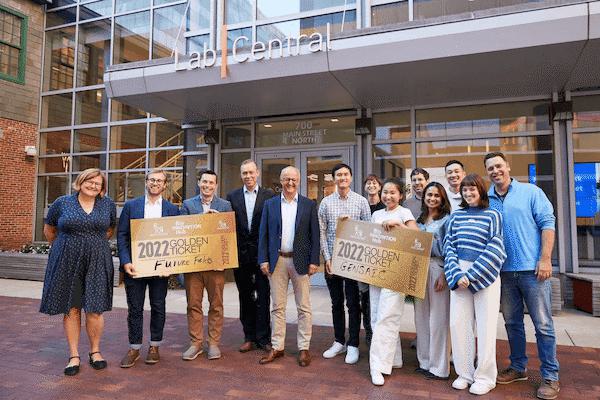-
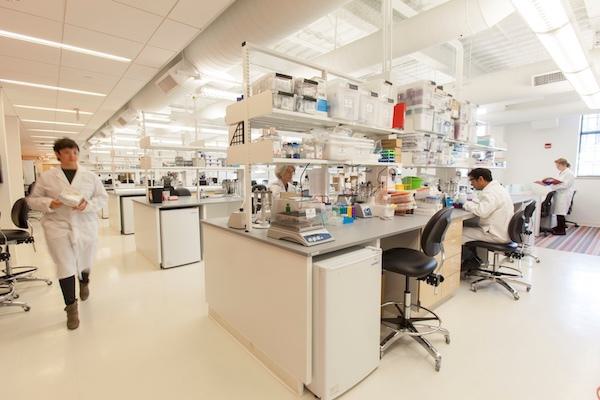
LabCentral
Launch your early-stage life science startup here.
-
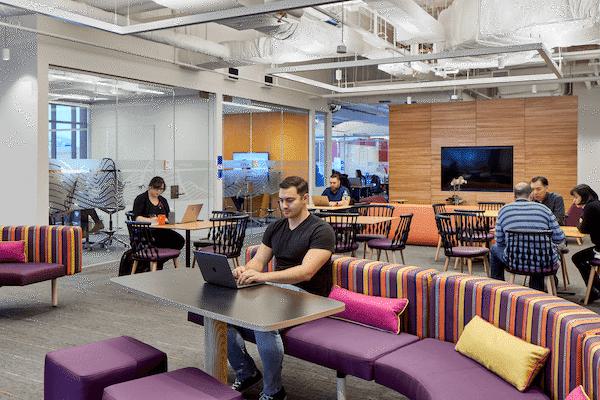
LabCentral 610
Space for scaling early- to mid-stage biotech startups.
-

LabCentral 238
Purpose-built for process development and scale-up.
-
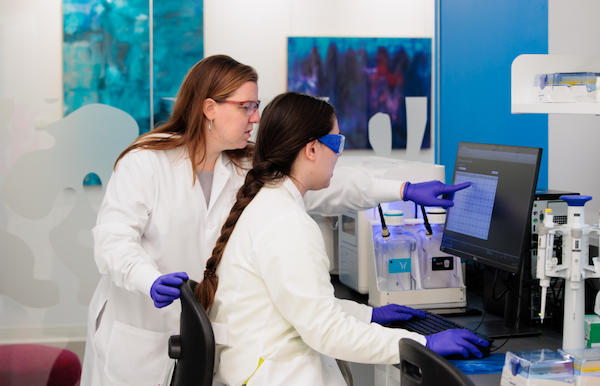
Bayer Co.Lab Cambridge
Focused on cell and gene therapy innovation and expertise.
-
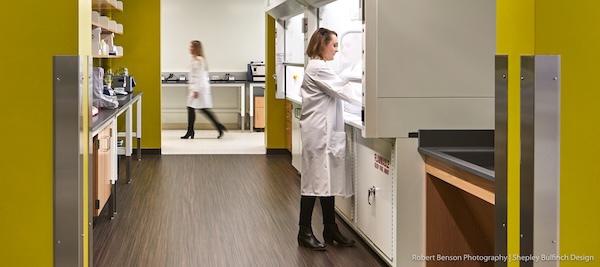
Pagliuca Harvard Life Lab
Harvard-affiliated biotech ventures thrive here.
-
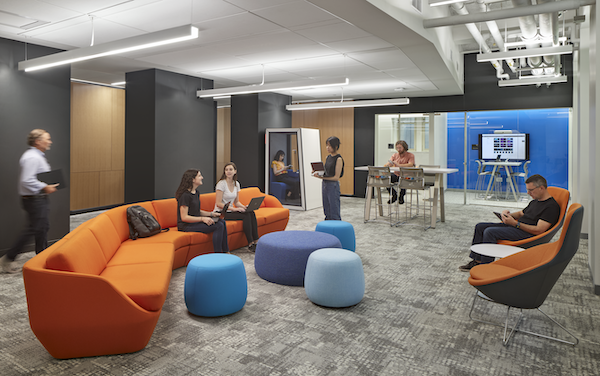
Blavatnik Harvard Life Lab
R&D for Harvard-affiliated pre-seed and seed ventures.
-

Core Facilities
Give your small team big company resources using our network of local institutions.
-
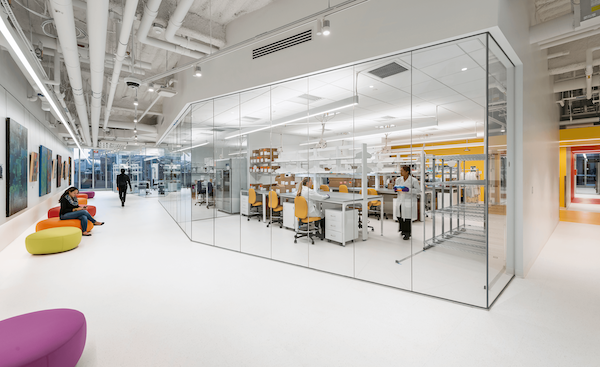
Schedule a tour
Explore LabCentral in person or virtually.
Schedule a tour
Our Labs
-
Residents
Discover the startups shaping the future of biotech at LabCentral.
-
Sponsors
Explore our network of sponsors.
-
Partners & Supporters
Meet those supporting LabCentral’s mission.
-
Alumni Network
View LabCentral’s accomplished alumni.
-
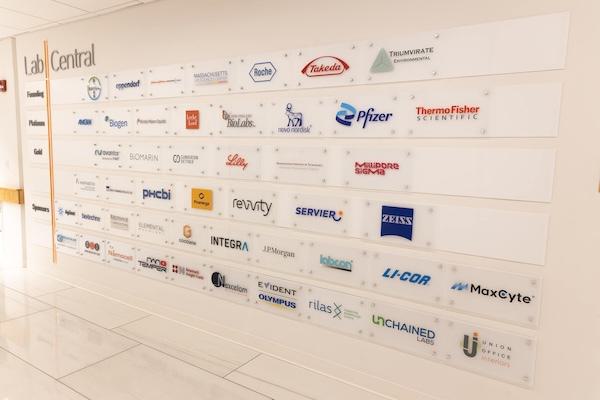
Become a Sponsor
Join an exceptional ecosystem for biotech growth
Become a Sponsor
OUR NETWORK
-
Ignite Golden Tickets
Funding opportunities to champion diverse biotech founders.
-
Funding Innovation Studio
Join efforts to transform VC culture for diverse founders.
-
Career Forge
Launch your biotech career with training and support.
-
Learning Lab
Hands-on lab education for students and the community.
-
What the Heck is Biotech?®
Workshops introducing biotech to new communities.
-
Life Sciences in Full Color
View the campaign inspiring diverse biotech talent in Boston.
-
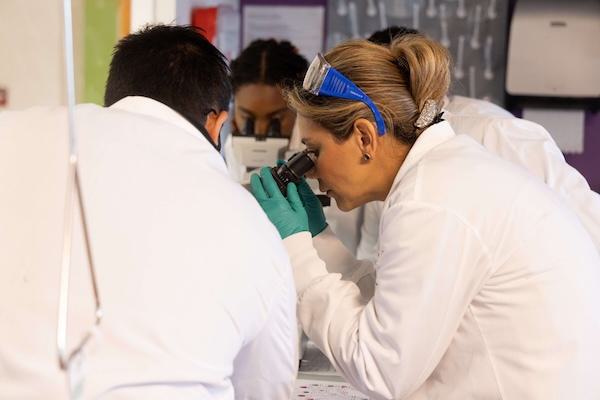
What's Ignite?
First-of-its-kind platform tackling underrepresentation in life sciences and biotech—from STEM students to leaders advancing life-changing innovations.
What's Ignite?
OPENING PATHWAYS
-
Events
Explore upcoming science, business, and community events.
-
Videos
Watch the Dish and other video content.
-
Blog
Interviews, insights, and advice for biotech entrepreneurs.
-
Press Releases
Stay updated on major milestones and announcements.
-
News
The latest happenings in the LabCentral ecosystem.
-

Life Sciences in Full Color: Celebrating Diversity and Innovation in…
We are thrilled to have recently launched Phase III of the Life…
Read Blog Post
